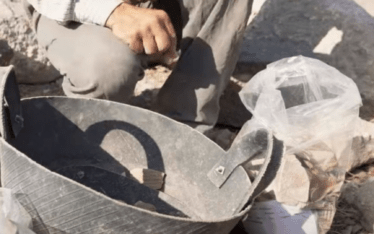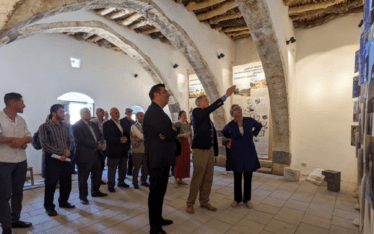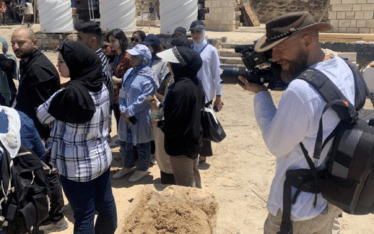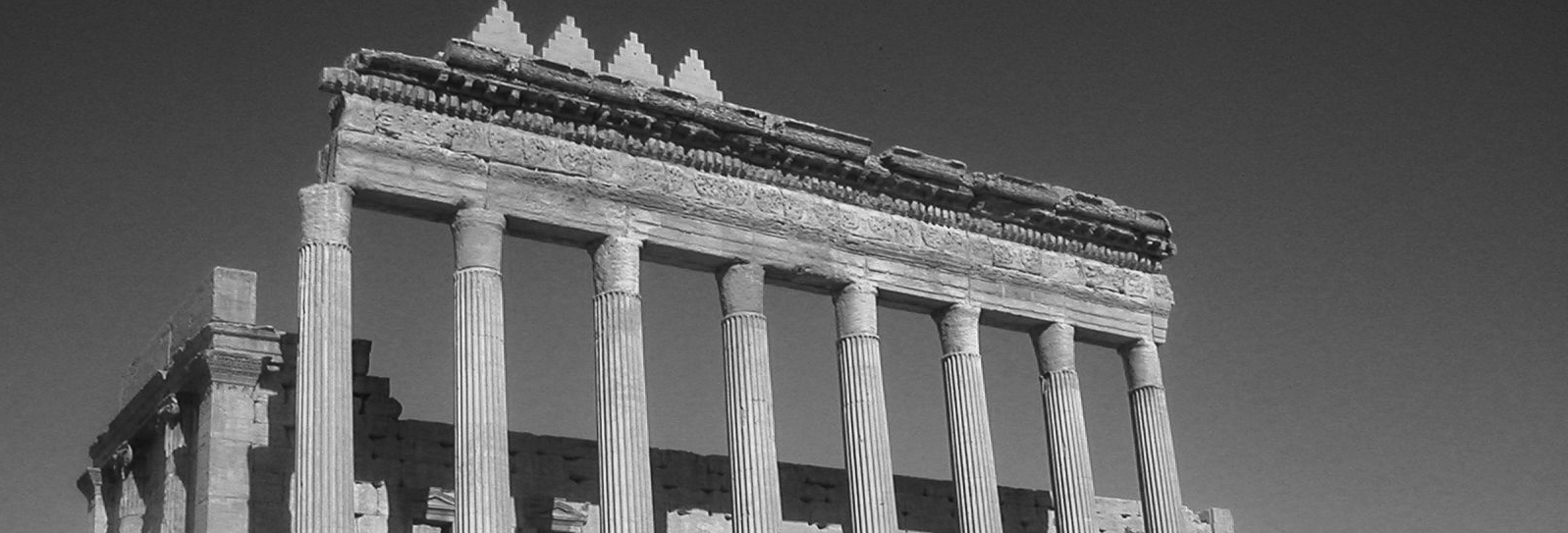
Iraqi-German Expert Forum On Cultural Heritage
- Home
- Iraqi-German Expert Forum On Cultural Heritage

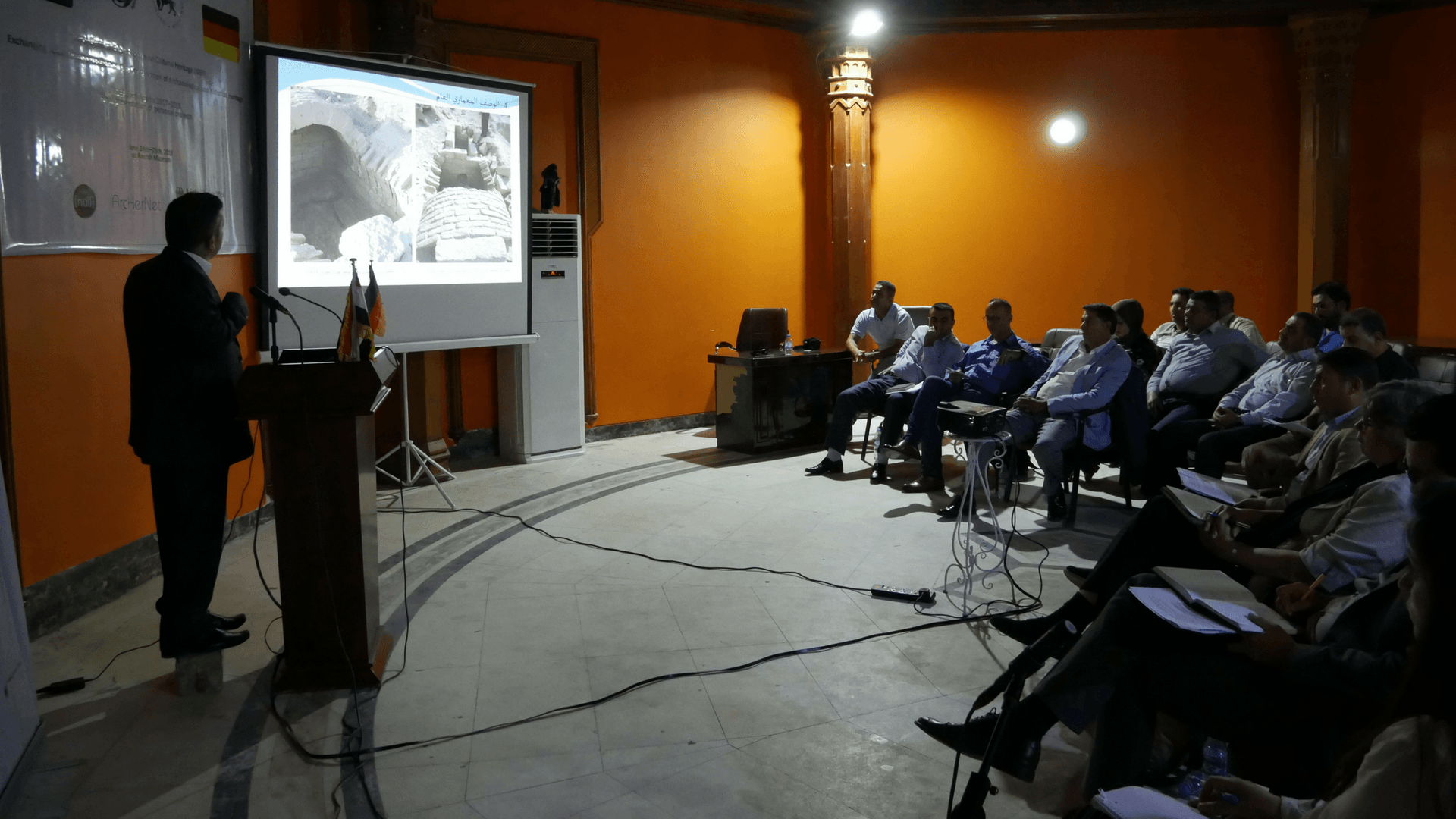
Iraq has a very rich archaeological and architectural heritage. Preserving this is the prime goal of the Iraqi-German Expert Forum on Cultural Heritage (IGEF-CH). This forum for dialogue aims to familiarise the staff of Iraq’s State Board of Antiquities and Heritage with modern archaeological methods for documenting and conserving structures and to support them in their work. At the same time, it serves as a platform for scientific and academic exchange on various approaches to cultural preservation.
by Dr. Dr. Margarete van Ess and Dr. Ulrike Siegel
Iraq’s cultural heritage stretches back over many millennia. It needs to be constantly maintained; damaged monuments need to be restored and destroyed ones reconstructed. Given the scale of the damage, this can only be done using modern technology and appropriate methods and concepts. The aim of the Iraqi-German Expert Forum on Cultural Heritage is to teach Iraqi scientists and conservation experts about state-of-the-art restoration methods so that they are able to address the loss of historic monuments rapidly, independently and competently. Target-oriented training is the starting-point for developing sustainable expertise in managing cultural heritage and combating its destruction.
The Iraqi-German Expert Forum on Cultural Heritage therefore focuses on providing basic and further training for the staff of the State Board of Antiquities and Heritage. Work in the country centres on the Baghdad office of the German Archaeological Institute and the Iraqi-German Center set up as part of the programme. The programme concentrates on passing on methods, techniques and standards necessary for researching, evaluating and protecting cultural monuments. The majority of courses are run in the local language in order to promote Arabic terminology as a working tool.
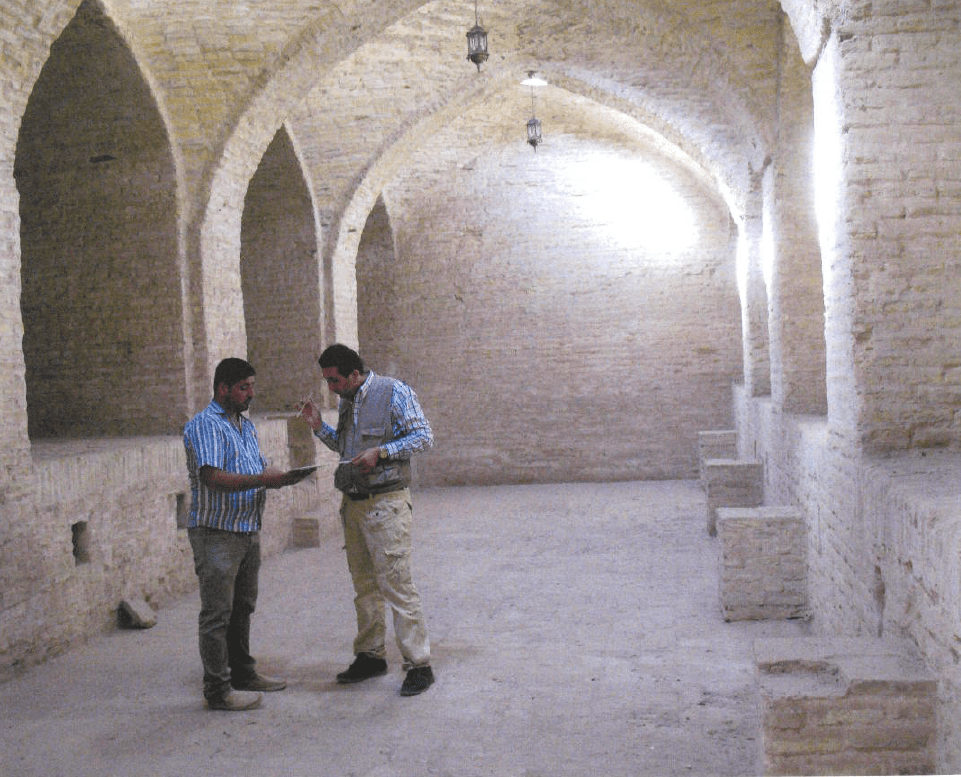
The one-year further-training programme consists of various modules in Berlin and Iraq which enable participants to get a very close look at the entire spectrum of cultural preservation activities in theory and practice through case studies and exercises. During the year, participants are also required to carry out a project of their choice on an archaeological site or historic building in Iraq so as to get independent experience of documentation, building research, damage mapping/evaluation and conservation planning. These focuses reflect the principle behind the programme: you can only protect what you know. Only after a precise investigation of a structure can appropriate measures be taken for its preservation. A further aspect of the programme is the study of strategies and approaches to conservation (e.g. international conservation of monuments or binding preservation plans).
The Iraqi-German Expert Forum on Cultural Heritage, established in 2016, creates a German-Iraqi platform for joint learning and joint action. Participants in the first (2016–17), second and third (2017–18, 2018-19) courses and the German, Syrian and Iraqi experts enjoyed a lively exchange of expertise and established a network stretching beyond the borders of the province onto the international stage.
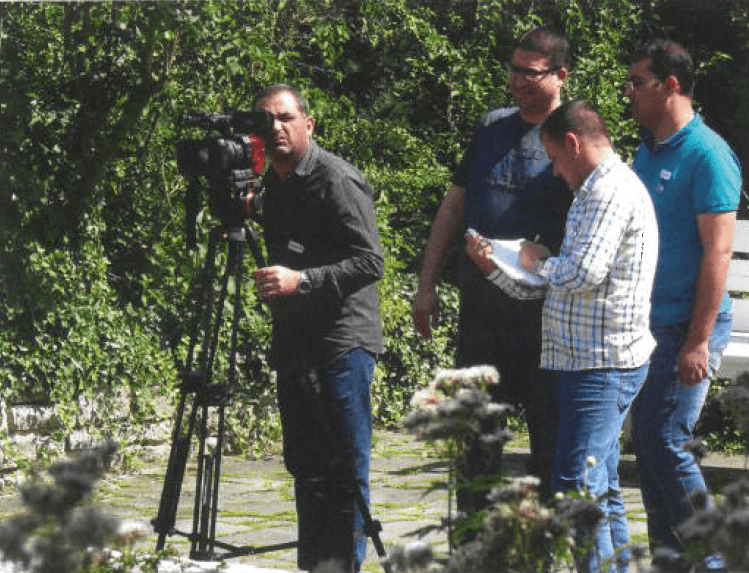
The Iraqi-German Expert Forum on Cultural Heritage is part of the project “Stunde Null: A Future for the Time after the Crisis” run by the German Archaeological Institute with funding from the Federal Foreign Office. The further-training programme is implemented by the Baghdad office of the German Archaeological Institute in cooperation with HTW Berlin University of Applied Sciences (BA course in conservation/restoration/excavation techniques), the Technische Universität Berlin (Department of His torical Building Research and Conservation), the Berlin Monument Authority, the Museum of Islamic Art – National Museums in Berlin, the Directorate General of the Prussian Palaces and Gardens Foundation Berlin-Brandenburg, the German National Committee of ICOMOS (International Council on Monuments and Sites) and the Iraqi State Board of Antiquities and Heritage.
Title Image: Practical experience can be gained during ongoing field work in Iraq: here, emergency conservation measures at the Gareus temple in Uruk |© Andreas Hoffschildt.
Read More:
Archaeological Heritage Network is made possible by many national and international partners. The Federal Foreign Office and the Gerda Henkel Foundation supports the network.
